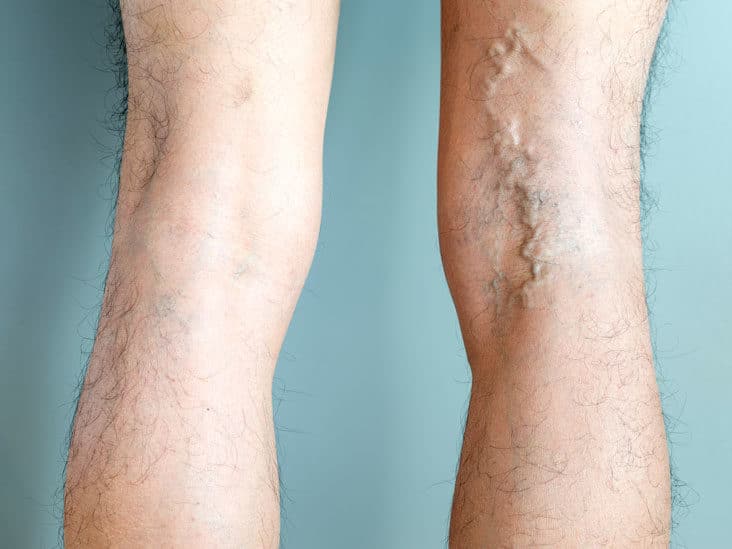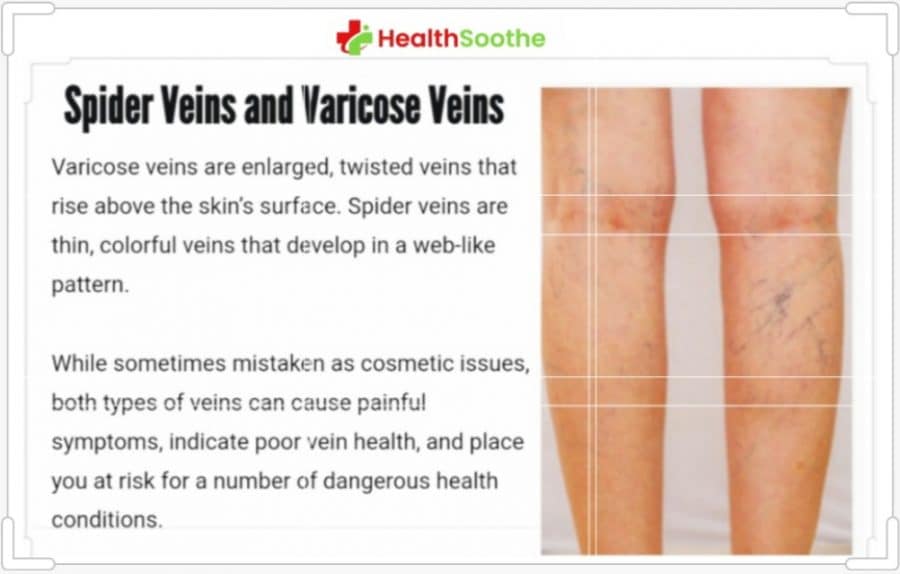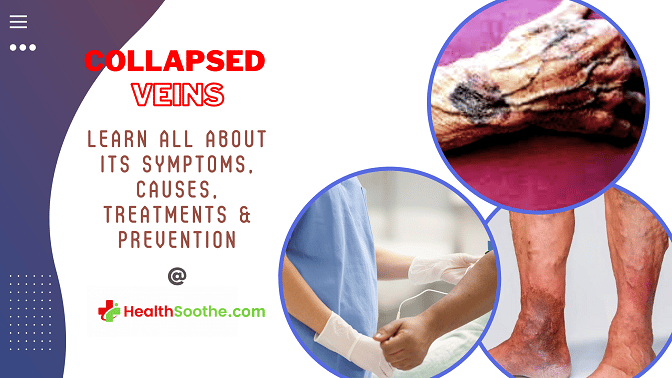Vein doctors are crucial in healthcare, dealing with various vein conditions. These specialists know how to treat different vein issues, but they deal with more than that. In this article, we will spotlight some of these aspects.
What is a Vein Doctor?
Vein doctors are medical professionals who specialize in diagnosing and treating vein disorders. They undergo extensive training focusing on the circulatory system. These specialists know how to identify and treat different vein conditions. From cosmetic problems to more serious medical issues.
Education and Training
Becoming a vein specialist requires extensive education and training. After getting a medical degree, doctors specialize in vascular medicine or surgery. They go through residency and fellowship programs to improve their skills. This training gives them the knowledge to manage vein-related disorders.
Understanding Vein Conditions
Vein specialists are well-versed in the intricacies of vein conditions. They can differentiate among the following:
- Varicose veins: large swollen and twisted veins
- Spider veins: small, dilated blood vessels visible on the skin's surface
- Deep vein thrombosis: characterized by blood clot formation in deep veins
They can diagnose all these conditions, some of which could be life-threatening.
Patient Care and Communication
Patient care and communication are vital for vein doctors. They must build trust and rapport with patients. This ensures their comfort and satisfaction during treatment. Vein doctors need to be clear and empathetic when communicating with patients. They address patients' concerns and educate them about their condition and treatment options.
Challenges Faced by Vein Doctors
Being a vein doctor has challenges. It can feel like navigating a maze. Here are some common hurdles these professionals face:
Patient Compliance
A big challenge for vein doctors is making sure patients follow treatment plans. Sometimes, patients don't follow recommendations like wearing compression stockings or following post-procedure care. This can make treatment less effective and slow down healing.
Insurance Limitations
Understanding insurance coverage is tough for both patients and vein doctors. Some vein treatments aren't covered, so patients may have to pay a lot out of pocket. Vein doctors work hard to ensure patients get the care they need while considering the cost.
Complications during Procedures
Vein doctors may face complications during procedures despite their experience and careful preparation. These can be minor, like bruising or swelling, or more serious, such as infection or nerve damage. Doctors face these challenges in a very efficient way to reduce harm to patients' health.
Balancing Workload and Patient Care
Vein doctors have many tasks, like:
- Doing procedures
- Handling paperwork
- Seeing patients
It's hard to manage everything and give good care without feeling overwhelmed. This can lead to burnout and stress. Doctors need to seek self-care to balance their health while treating their patients.
Keeping Up with Advances in the Field
Vein treatment is constantly changing, with new technologies and methods coming out often. Vein doctors must stay informed about these changes to give their patients the best care. However, keeping up while running their practice can take much work.
Addressing Patient Expectations
Vein doctors often struggle with managing patient expectations. Even though treatments are better now, patients might expect too much too soon. Vein doctors need to talk to patients well to set realistic goals and explain what treatment can and can't do.
Ethical Considerations
Ethics are important for vein doctors. Let's explore the ethical issues they deal with.
Patient Rights and Autonomy
Respecting patients' rights and choices is crucial in vein treatment. Doctors let patients know their condition and treatment options, including risks and benefits. This helps patients make decisions and feel in control of their health.
Confidentiality
Keeping patient information private is very important for vein doctors. Patients share personal health details, so keeping that information safe is crucial. Doctors adhere to strict rules to maintain patient confidentiality and uphold trust.
Informed Consent
Getting permission from patients before treatment is essential. Vein doctors explain the treatment, its risks and benefits, and what might happen. They should do this in a way that patients can understand. This ensures that patients know what will happen and agree to it.
Transparency and Honesty
Vein doctors need to be honest and open with patients. They should give correct information about diagnosis, treatment options, and what might happen. If there are any conflicts of interest, they should tell patients about them. Open talking helps to build trust between doctors and patients.
Equity and Fairness
The doctors' treatment must be fair and equal to all patients, no matter who they are. Everyone should get the same medical care based on what they need. This makes sure healthcare is fair and equal for everyone.
Professional Integrity
Vein doctors need to be honest and act with integrity. They should follow the rules and guidelines set by their professional organizations. This means always putting patients first and being accountable for their actions. Doctors must be truthful when dealing with patients, colleagues, and the healthcare community.
Community Engagement and Education
Vein doctors help educate the community about vein health. They raise awareness about early detection and treatment. They attend public events, host educational talks, and work with local organizations. By sharing information about vein disorders, vein doctors improve health in their communities.
Conclusion
Vein doctors are vital healthcare professionals specialized in diagnosing and treating vein problems. Their training and focus on patient well-being help many people overcome vein issues. This improves their quality of life. As medical technology advances and research grows, vein doctors remain essential. They ensure good vascular health for patients worldwide.



